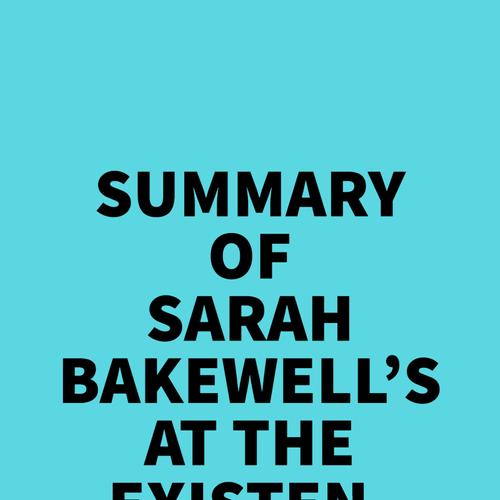Please note: This is a companion version & not the original book.Sample Book Insights: #1 Existentialism is a mood, not a philosophy. It can be traced back to anguished novelists of the nineteenth century, and beyond that to Blaise Pascal, who was terrified by the silence of infinite spaces.#2 The phenomenologists’ leading thinker, Edmund Husserl, provided a rallying cry, To the things themselves! It meant: don’t waste time on the interpretations that accrue upon things, and don’t wonder whether the things are real. Just look at this that’s presenting itself to you, and describe it as precisely as possible.#3 Sartre was extremely excited about the prospect of studying with Husserl’s student Emmanuel Levinas. He had barely developed any philosophical ideas of his own, but he was ready to absorb the philosophical energy of others.#4 Sartre's philosophy is based on the idea that humans are their own freedom. We create ourselves through action, and this is so fundamental to our human condition that it is the human condition from the moment of first consciousness to the moment of death.
